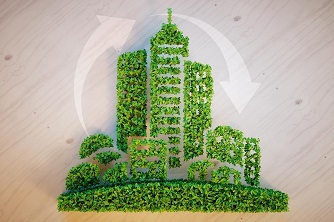
3 Mar 2026 to 6 Mar 2026
14 Jan 2026 to 16 Feb 2026
Tuesday to Friday Timing from 9 to 5pm
Classroom
This course aims equipping participants with:
Knowledge and skills in Chemical Management, as well as Workplace Safety & Health (WSH). They will develop the right mindset and best practices to reduce occupational diseases, injuries, and fatalities from potential exposure to hazardous chemicals at work.
Capability of dealing with chemicals and chemical wastes. Additionally, they will improve Chemical Safety, according to advice this course's trainer provides based on their on-site assessments of workplaces, for optimal learning and practicum cycles.
Adopt technology from a host of research intellectual property, from SP’s Research Laboratories, on Green and Sustainable Solutions. Participants will learn to adopt either one of the following solutions to Product Development, designed for their companies' Capability Development-
b. Solvent-Based Room Temperature Bituminous Coating for Waterproofing Application
c. Chromated Copper Arsenic (CCA) Alternatives for Building Woods Termite Protection
d. Etching and Roughening Creams for Ceramic/Porcelain Tiles and Mineral Stones